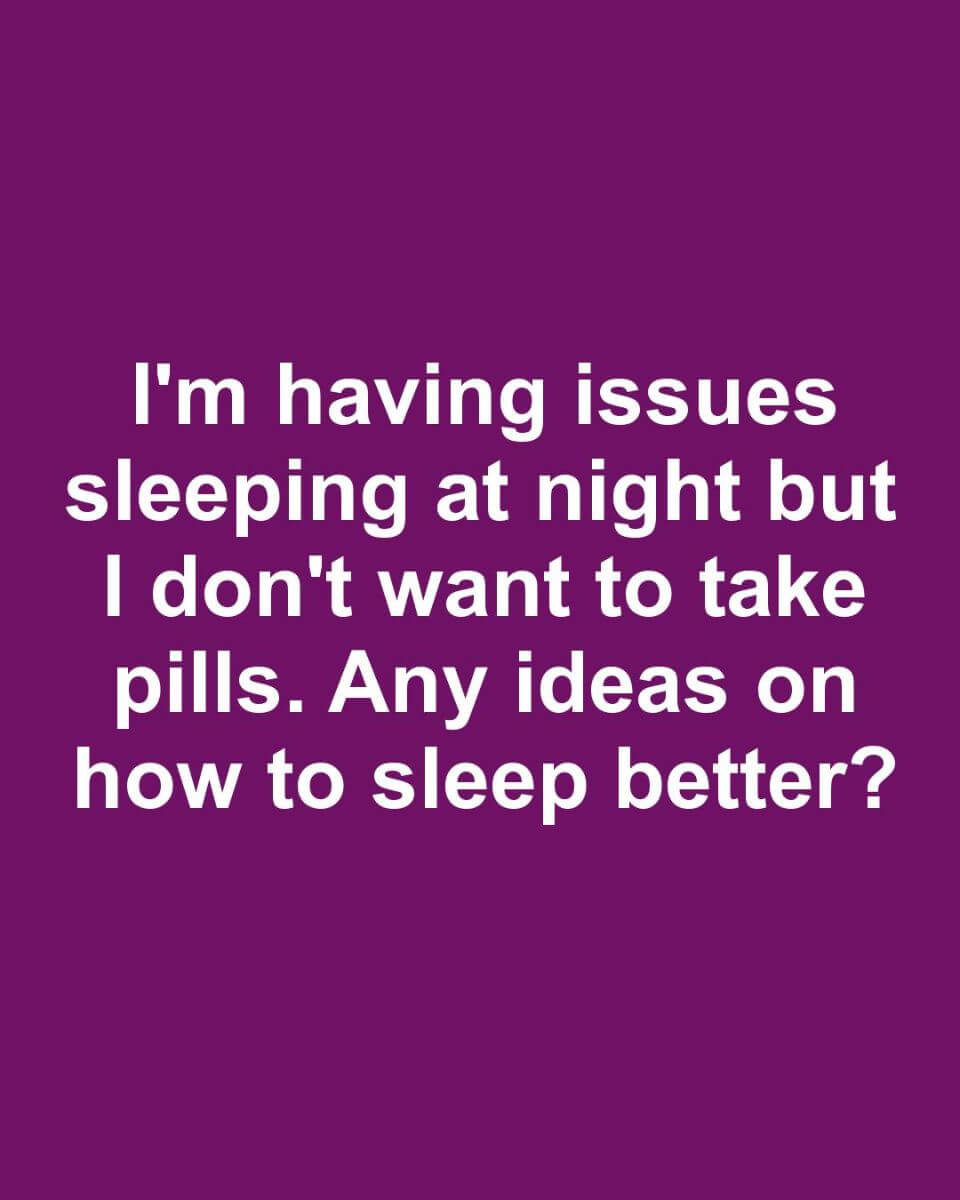Sleep difficulties can stem from many sources, including stress, daily habits, and environmental factors. Common issues include trouble falling asleep, waking frequently during the night, or rising too early. Identifying the underlying cause of your sleep problems is essential for effective treatment. Keeping a sleep diary can be useful to track your sleep patterns and recognize possible triggers or trends.
The Significance of Sleep Hygiene
Sleep hygiene encompasses the habits and routines that support consistent, quality sleep. This involves keeping a regular sleep schedule, ensuring your sleep environment is comfortable, and avoiding stimulants such as caffeine and nicotine near bedtime. Focusing on these habits can greatly enhance your sleep quality and overall well-being.
Developing a Soothing Bedtime Routine
Creating a relaxing pre-sleep routine helps signal your body that it’s time to unwind. Activities like reading, taking a warm bath, or practicing calming techniques such as deep breathing or meditation can be effective. The goal is to engage in behaviors that reduce stress and prepare your mind and body for rest.
How Diet and Nutrition Affect Sleep
Your food and drink choices can strongly influence sleep quality. Eating heavy meals or consuming caffeine late in the day may disrupt your rest, while foods rich in tryptophan, magnesium, and melatonin can support better sleep. Including items like almonds, bananas, and chamomile tea in your evening routine may be beneficial.
Exercise’s Effect on Sleep
Regular exercise promotes quicker sleep onset and deeper sleep cycles. However, timing matters—intense workouts too close to bedtime can hinder sleep. Aim to finish exercising several hours before you intend to go to bed.
Reducing Stress and Anxiety to Improve Sleep
Stress and anxiety often interfere with restful sleep. Practices such as mindfulness meditation, progressive muscle relaxation, and journaling can help manage stress. By addressing these mental health factors, you create a more peaceful mindset that supports better sleep.
Optimizing Your Sleep Environment
Your bedroom environment greatly impacts sleep quality. Make sure the room is dark, quiet, and cool. Using blackout curtains, earplugs, or white noise machines can help create the ideal setting. Also, invest in a comfortable mattress and pillows that provide good support.
Natural Sleep Aids and Remedies to Consider
If you prefer alternatives to medication, several natural options may promote relaxation and sleep. Herbal remedies like valerian root, lavender, and passionflower have long been used for this purpose. Always check with a healthcare provider before starting any new supplements.
Technology’s Impact on Sleep
Using screens before bedtime can disrupt your ability to fall asleep because blue light suppresses melatonin production. To improve sleep, limit screen exposure at least one hour before bed and consider blue light filters if device use in the evening is necessary.
When Professional Help Is Needed
If sleep problems persist despite trying various methods, seeking medical advice is important. Chronic sleep issues might indicate disorders such as insomnia or sleep apnea. A healthcare professional or sleep specialist can provide proper diagnosis and treatment to enhance your sleep health.
